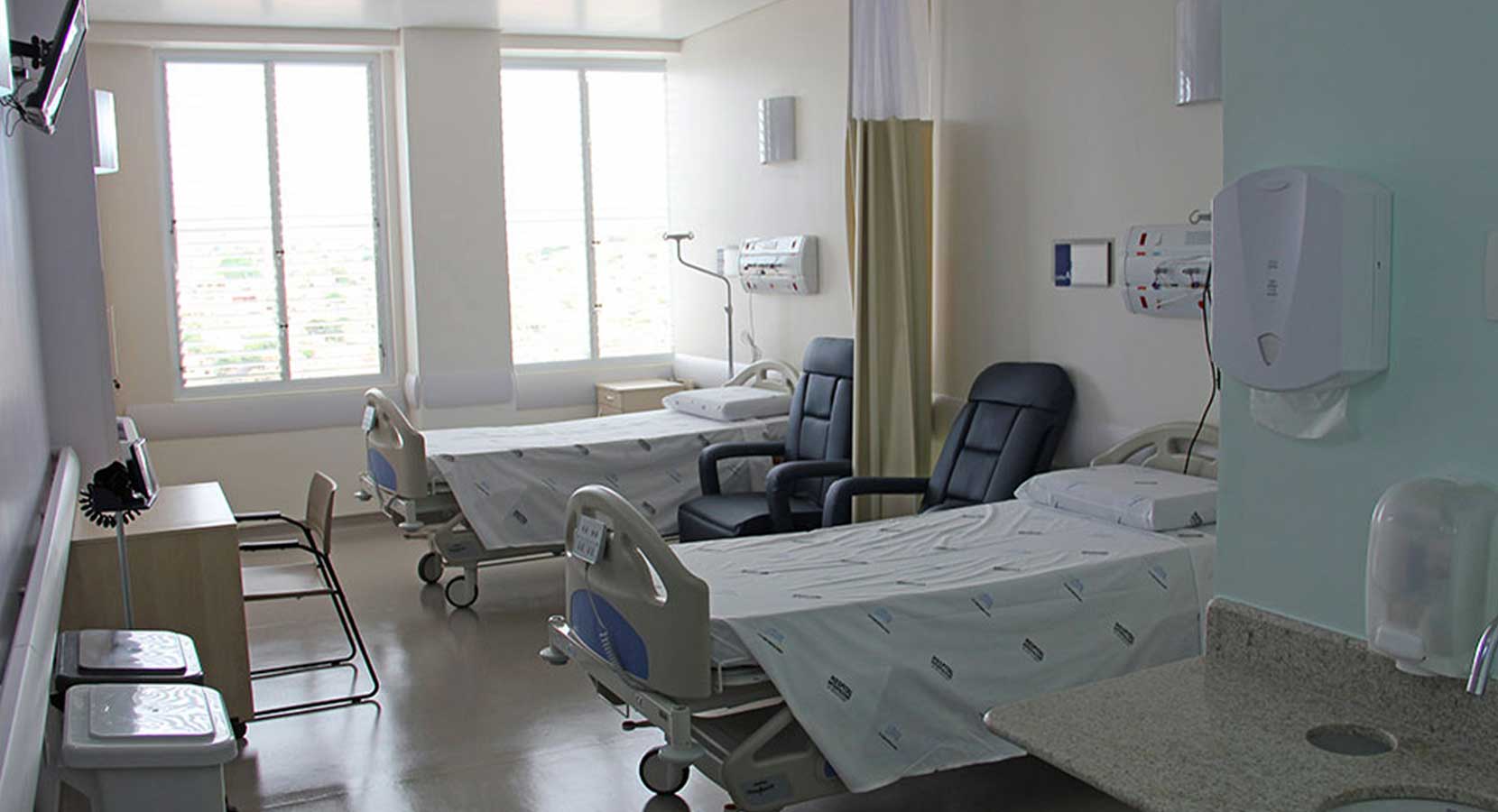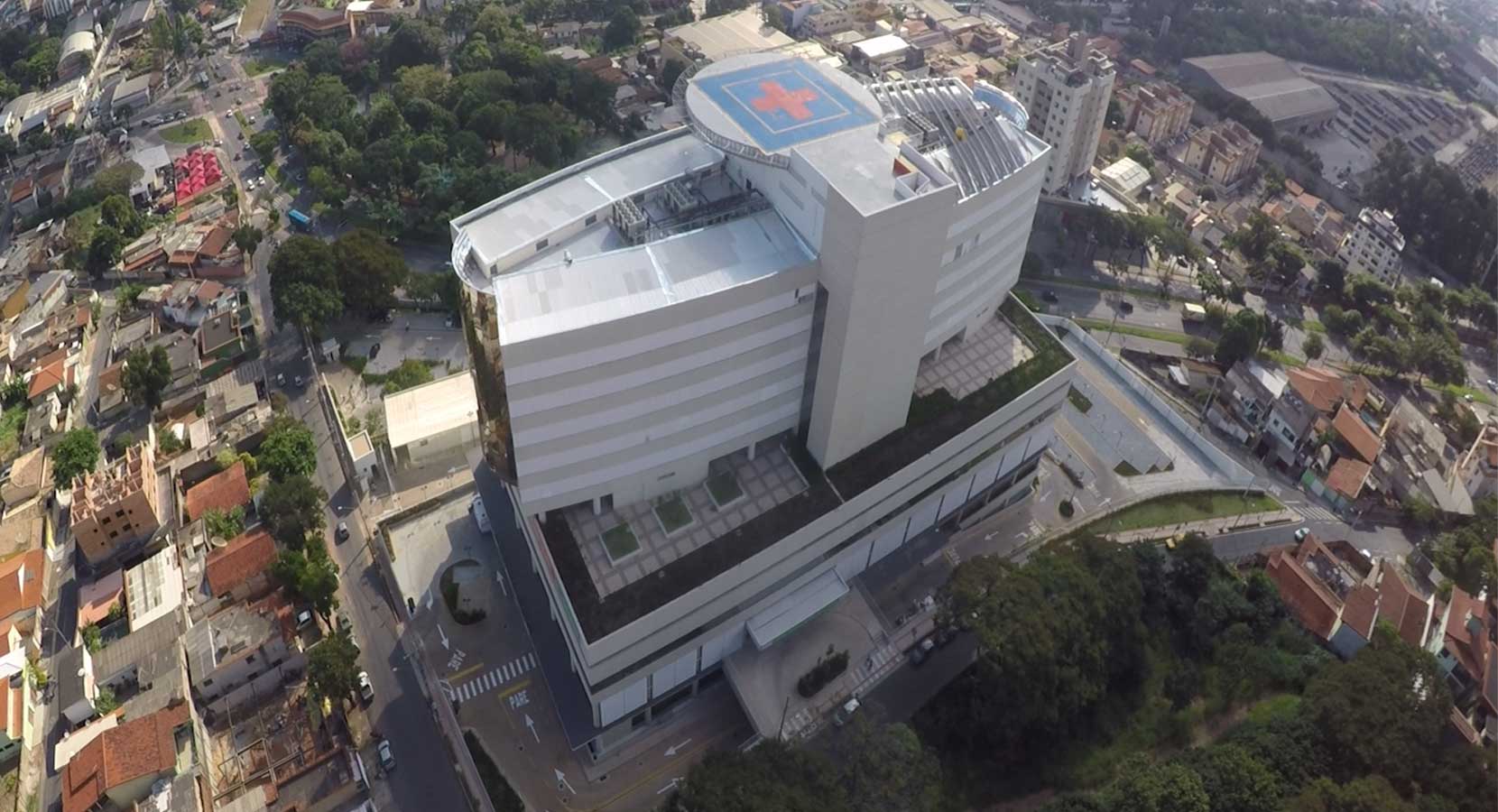Public Sector (PPP)
PPPs are an opportunity for hospitals operating on the municipal, state, and federal levels to receive, through administrative concessions, investments in infrastructure and technology and to gain operational efficiency in the provision of non-medical services, while medical services remain under the responsibility of the government via the Brazilian Unified Healthcare System (SUS).


Hospitals built and operated under a PPP system have a cost per bed that is 20% to 30% lower compared to facilities that are 100% managed by the public system.

How does a PPP work?
In the PPP model, the concessionaire is responsible for the construction and/or expansion of the infrastructure and, subsequently, for the provision of services for 20 years, receiving, therefore, a monthly compensation from the granting authority. Payment is subject to performance assessments carried out by an independent auditor, and the amount of the consideration can be modulated by the achievement of performance indicators, as well as by the occupation of the hospital.
